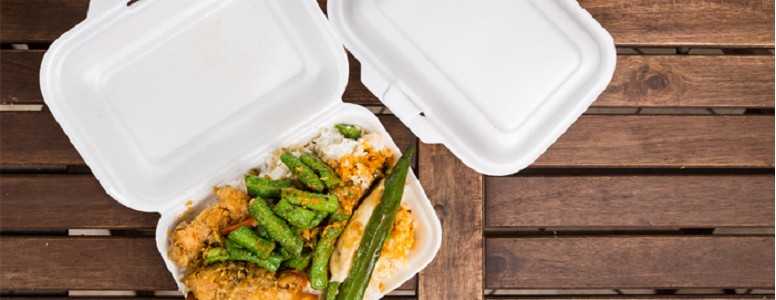The Swiss pharmaceutical company, Roche, has refuted reports that it was in the midst of closing a sale for its diabetes care business located in Basel.
There were talks that Roche was looking to sell some of its assets amid price pressures that have pushed other large drugmakers to exit the diabetes business.
According to Bloomberg, the company has been weighing up whether to partially sell the Basel unit or opt for a spinoff, allowing for the creation of an independent company.
An eventual sale of the unit was likely to attract bids from many medical-device makers and could have reportedly fetched as much as $5 billion.
A Roche spokesman has, however, formally told Reuters that a sale was no longer on the table and that the company had decided to keep the unit.
Other global drugmakers, such as Johnson and Johnso, have been exploring the possibility of selling some of their holdings related to their own diabetes care business.
Bayer AG already made the step of selling its diabetes devices unit to KKR and Panasonic Healthcare for $1.1 billion (£870 million) in 2015.
As far as Roche is concerned, competition and spending on new drugs are among the reasons pushing the company to lean towards selling their diabetes unit.
Various business newswires have said that Roche was likely to grapple with competitio, as patents for some of its blockbuster medicines were near expiration.
Roche is also boosting investment in other areas of research it is actively involved i, with, for example, new drug launches announced in cancer immunotherapy.
Roche remains a leader in diabetes care regardless of the current unfavourable economic climate, and its CEO, Severin Schwa, intends for it to stay that way.
“It’s a difficult situation we are going through, but we remain committed to this business” Schwan recently told Reuters reporters.
What's new on the forum? ⭐️
Get our free newsletters
Stay up to date with the latest news, research and breakthroughs.







